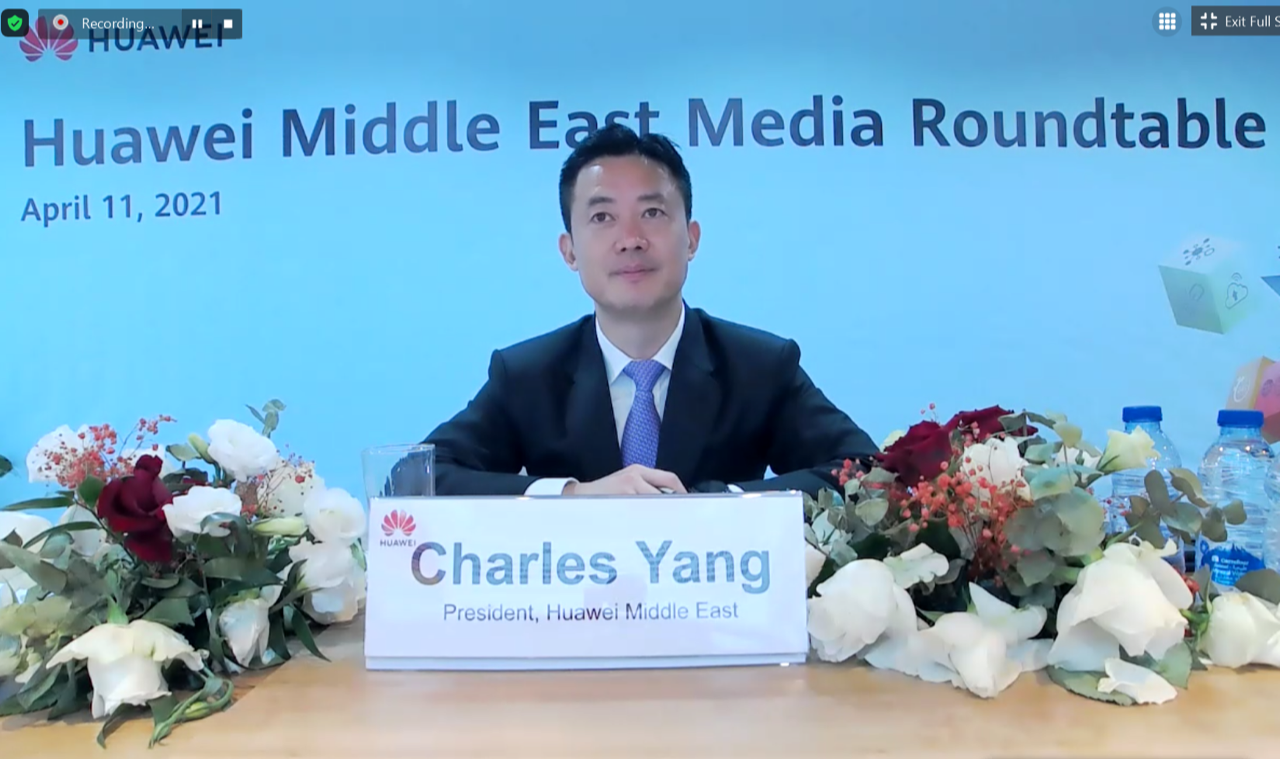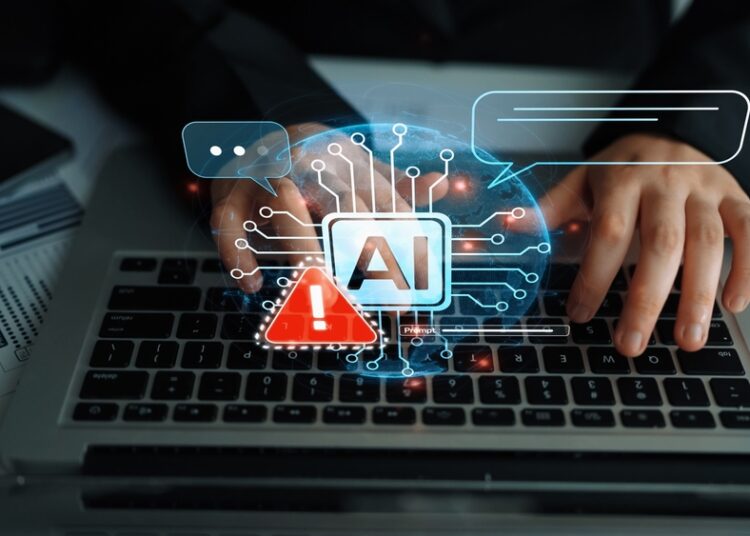From the sidelines of the SAMENA Leaders’ Summit, the President of Huawei Middle East, Charles Yang, has provided an update on the company’s business globally and across local markets, with his comments following Huawei’s release of its annual earnings results for 2020. The executive has emphasized the strategic importance of the region to the company internationally, noting Huawei’s commitment to the region, and that there are significant opportunities to enable more aggressive digital transformation in support of national development visions and targets, as well as to grow its market presence.
In particular, the executive noted that the UAE government has had the foresight to invest in digital infrastructure long before the current pandemic, and that investments in areas like 5G and AI have paid off significantly. Huawei has in turn worked on numerous joint innovation projects to support the UAE’s digital ecosystem and bolster ICT talent development, supporting national development strategies outlined by entities such as the Ministry of Industry and Advanced Technology.
“Digitisation in the Middle East has accelerated remarkably over the last year, with global network traffic having increased by around 50% during the pandemic,” notes Yang. “The ICT industry thus has an important responsibility to create new social and business value for governments, organisations, and individuals. We are fully committed to this value creation. We already bring the power of technologies like 5G to key events such as the annual Hajj pilgrimage in Saudi Arabia, and are now aligning with governments to support mega-events like Expo 2020 in the UAE and the FIFA World Cup 2022 in Qatar. We will keep innovating to create value for our customers and to support economic recovery and social progress.”
To that end, Huawei has said that it used the last year to further enhance its operations despite a challenging global environment. That led to achieving revenue and profit growth during 2020 overall. Part of that came down to an unwavering focus on R&D and joint innovation programs in areas like 5G, AI, and cloud, says Yang, with Huawei establishing 13 Open Labs around the world to support open collaboration for shared success.
Huawei acknowledges there is still a need to develop a stronger local talent ecosystem. Due to the pandemic, knowledge-exchange platforms must be revisited, with new programs initiated. Yang cites how Huawei’s own “LearnOn” online learning platform was launched in the Middle East last year, and to date more than 35,000 people have used the platform for training. Yang has also stressed that Huawei will continue investing in programs such as its Seeds for the Future initiative and ICT Competition, as well as in Huawei ICT Academies and laboratory funding, to develop 70,000 ICT talents and build 100 Joint Innovation Centers for the Middle East by 2025.
In 2021, that spirit of collaboration and exchange will be all the more important for Huawei.
“In today’s digital economy, we judge cooperation as fundamentally more important than competition. We need to enable others,” contends Yang. “At Huawei, we don’t compete for profit with others or with our partners. It is not a zero-sum game. We are a business that thrives on openness, collaboration, and shared success, where we can address real needs and create real value. As such, we will continue to advocate for broader collaboration between the industry, government, and academia to help light up the future through innovation.”
Huawei believes that underpinning that cooperation is a shared responsibility towards cybersecurity. The company has thus been working closely with governments, security experts, and enterprises across the Middle East to help evolve cybersecurity assurance and privacy protection systems.










Discussion about this post